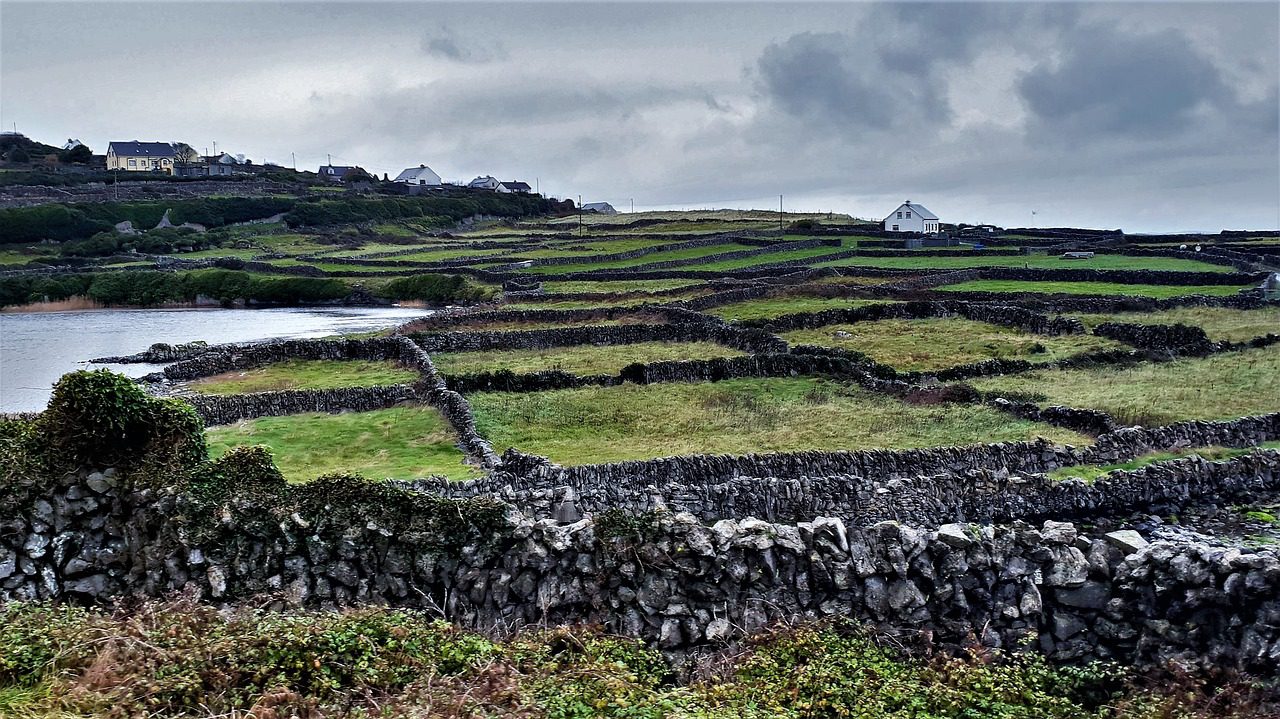The diversity and differences among communities in rural Ireland should be the “core of future policy”, according to a leading professor at University College Dublin (UCD).
Recently, Dr. Karen Keaveney, from the university’s Agri-Business and Rural Development Programme, delivered a seminar entitled ‘Interrogating the decline narrative in rural Ireland’.
During her seminar, she highlighted that, though there are problems in rural Ireland today, there are other issues that ought to be taken into account, stressing that modern rural Ireland is not the same place it was 20 years ago.
Speaking to AgriLand after the seminar, Dr. Keaveney said the policies in relation to rural Ireland are broadly “moving in the right direction”.
Now, between the Department of Agriculture, Food and the Marine, and the Department of Rural and Community Development, it’s definitely going in the right direction…they are recognising that rural places are places of opportunity.
She underlined the fact that increasing numbers of people moving into rural Ireland in recent times are not associated with the agriculture and agri-food sectors, and that rural-focused policies need to take account of that.
“It’s not just about farming. There are people living in rural Ireland that aren’t necessarily connected with the land, and there are opportunities along with agriculture, but we need to broadly work on all sectors,” Dr. Keaveney argued.
“It’s been a struggle for the last few years, but I can definitely see, since 2017 [in the Action Plan for Rural Development], there’s been a change in policy in actually recognising that yes, there are issues in rural areas, but also in beginning to address rural places as places of opportunity,” she said.
Definition of ‘rural’
Dr. Keaveney explained that, while there are statistical definitions and traditional definitions of what it means for an area to be ‘rural’, these definitions may not tell the whole story in 2019.
“You can look at the data and say that every place with a population of less than 1,500 is rural. But I think most of us know when we interact with the countryside, and outside the big urban areas, it’s much more complicated than that,” she pointed out.
In some ways, we have these kinds of notions of a very traditional rural – that we are still farming the land. For people who are actually living in the day-to-day, I think that it is really different.
Dr. Keaveney also argued: “In ways it’s not so different to urban areas. People still have to get up and work, and do all the same things.”
‘Different rurals’
The UCD professor was keen to stress that taking account of the different facets and activities of modern rural Ireland was central to policy-making at a Government level – including, but not limited to, agriculture and land use.
“So obviously, from a land use point of view, farming is number one. It is the biggest form of land use. It may not be the biggest employer, but it is obviously our largest indigenous exporting sector. It’s really, really important,” she highlighted.
But it’s about acknowledging that there are other sectors in rural Ireland, and there are other people living there, so it’s to really recognise that there’s diversity in rural places.
“Rural places are more diverse. There’s a lot more in-migration… Those people are integrating into communities, and I think we have to recognise that it’s not the rural it was even 20 years ago. That’s what’s key to policy: All those things have to work together. It’s dynamic,” she explained.
“We very readily accept that urban places are really complex and dynamic, but we’re not so quick to accept that with rural places. So it’s about fitting all the elements together: The traditional elements of what it is to be rural, along with the newer and changed elements. And that’s where policy will really play its part,” Dr. Keaveney added.
Place-based approach
Dr. Keaveney stressed the need for a “place-based approach” to rural policies, which would emphasise “bottom up” policies, where local government and local development companies ware working together.
This type of approach is already in place to a large extent through the EU’s LEADER programme, but, according to Dr. Keaveney, it’s about “building on that…to actually work together and really develop from the bottom up…it is about saying ‘what are we good at and how do we build on it?'”
These bottom up policies would have to be supported by ‘top down’ Government support, and be “absolutely evidence based”, she insisted.
“The nostalgia and myth building helps us form an idea [of rural Ireland] but our decisions cannot be solely based on that,” Dr. Keaveney highlighted.
The seminar she delivered is part of an ongoing series of seminars at UCD in relation to agriculture, agri-food and related sectors. These seminars will be ongoing for much of the remainder of the academic year.
